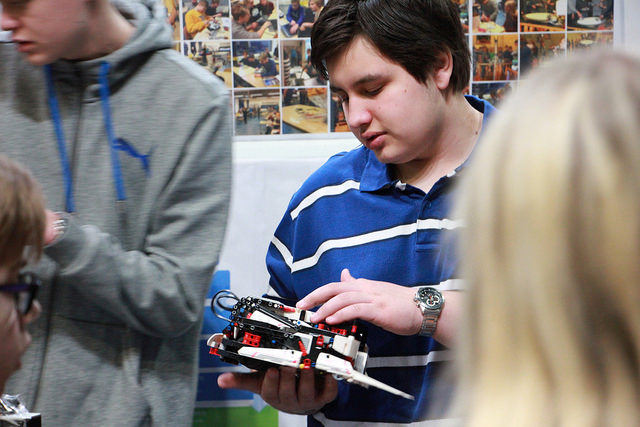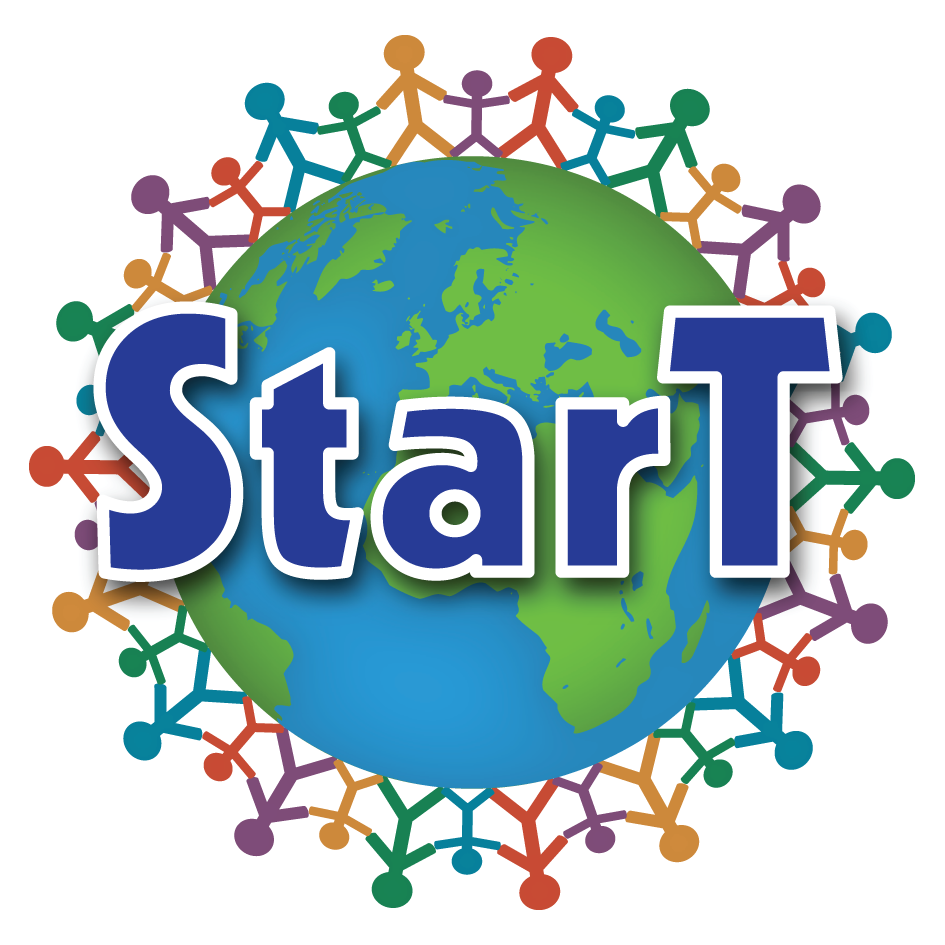Ideas by different age groups
Are you thinking of how to carry out project-based learning with your group? Are all of the ideas you found too simple or too complicated?
These pages help you find tips for projects for different age groups, with something for everyone! You can also find ideas for projects to do at home or with a hobby group!
StarT in early childhood education
StarT aims to encourage kindergartens and other early childhood education units to implement suitable project-based learning for children of different age groups. Through project-based learning children can discover and learn about phenomena that are of interest to them through inquiry and hands-on work.
In project-based learning the children’s questions and areas of interest are used as starting points for the learning process, where the children are given an active role.
With young children play has an important role in project-based learning; stories, tales and role play are great ways for them to learn. A project carried out as a part of StarT can be a learning adventure also for the staff at the daycare unit. Everyone learns together when new questions and perspectives come up in the projects.
Parents are a great resource to help support the children’s projects. Does one of the parents have relevant knowledge or skills that could help the project forward? Or could a parent’s work place be a suitable place for the children to visit?
The project could be, for instance, a week-long project about snow. In the project the properties of snow could be investigated, the group could think about how snow affects living in Finland or make snow-themed artwork.
It could also be a longer project, in which children might identify a challenge in their daily lives to which a solution could be developed together. Or perhaps you might want to try out drama with your group; the children could help write and carry out a play about a trip to a forest? Whatever the topic, the key is collaborative learning!
StarT in primary and middle school

StarT emphasizes collaborative learning and cooperation both within the school and with other schools and local actors. StarT is not an additional obligation to a teacher’s workload, but a way to support teachers by providing them with ideas to help implement collaborative and interdisciplinary learning.
In StarT the student projects get well-deserved visibility and thus help engage and motivate the students in their projects.
StarT promotes the integration of other disciplines with natural sciences, mathematics and technology. Could the project at your school be, for instance, the development of a delicious but healthy meal to be served at the school canteen? The project could involve at least home economics, health education, biology and chemistry perspectives. Or perhaps the construction of a small hydroelectric power station at the nearby stream or river, in which case at least physics, mathematics, wood-work and handicraft could be involved?
StarT in high school

Secondary education aims to give experiences of goal-oriented work and peer-learning within teams and projects; students are often encouraged to view themselves as analytical constructors and producers of knowledge that take responsibility for their own learning. Collaborative projects such as those carried out in StarT are wonderful opportunities for students to take on the role of an active learner.
Through collaborative projects students might explore important themes such as sustainable living, global responsibility, knowledge of different cultures, technology, working-life, multi-literacy and the role of the media. StarT promotes interdisciplinary and integrative learning and allows students to explore topics in their projects that are of interest to them.
Does your high school already have a separate course for the implementation of projects? Could an existing course be carried out using project-based learning? How could parallel courses of different subjects collaborate?
Could you your high school have a project about the the ecological effects of climate change, in which biology, statistics, and foreign languages could be combined? Or could you perhaps conduct a study in your school about the students’ means of transport on their journey to school? This could include statistics, mathematics and physical education and the conclusions could be used to develop guidelines for a healthy lifestyle and making sustainable choices.
StarT in vocational school

Project-based learning is often an important part of vocational education. Project-based learning emphasizes the search for solutions to existing challenges and problems in collaboration with relevant institutions and other actors.
Through project-based learning students also learn about the importance of cooperation and teamwork skills.
Could your school have a project about developing the online communication of a local company? The project could involve programming, graphic design, and foreign languages. What about organization of health events for the elderly in the area, where health education, biology, and technology could be integrated?
StarT in extracurricular activity groups

Extracurricular activities provide excellent opportunities for non-formal learning. Groups can freely focus on topics that are of interest. They could even develop solutions to challenges that are relevant to their own everyday lives!
StarT emphasizes the joy of learning together. Joy and positive emotions are an important part of extracurricular activities and learning. One’s self-image and belief in oneself as a learner is strengthened through positive learning experiences.
Could your extracurricular activity group carry out a project by making a fun video about the physics involved in a circus? Or perhaps by making your own telescope in order to be able to study the night sky?
StarT at home

The attitudes of one’s family have a significant role in how a child will view learning and different school subjects. Encouragement and support from the family as well as collaborative learning within the family help the child’s development as a learner.
Interest in natural sciences, mathematics, and technology may be sparked at a very early stage through positive experiences from home. Families can carry out different projects together that allow them to spend more time together and learn as a team.
Could your family do a project about the inheritance of eye colour? Or perhaps you would like to become better acquainted with the history of aircraft development?
See the StarT themes for ideas of project topics.
Themes
Mathematics around us
Nature and environment
Well-being
Stars and space
Home, culture and internationality
This works! Mobile toys (only for 6-12 year-old participants)
Technology around us

